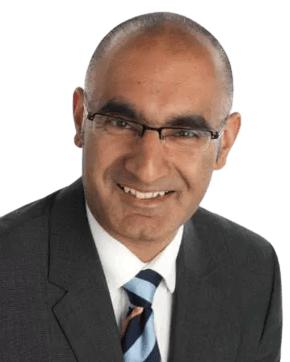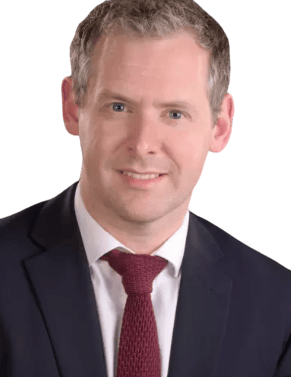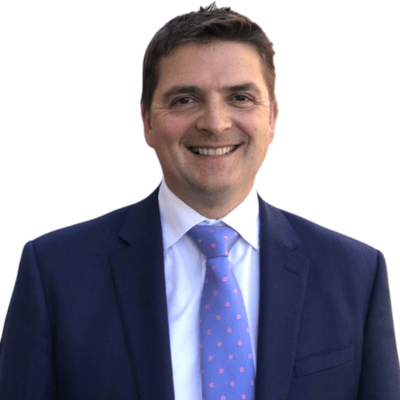Labiaplasty
Labiaplasty
For many women, feeling unhappy or dissatisfied with the size and shape of their labia can lead to issues with body confidence. The labia minora are the inner lips of the vagina. They come in all shapes and sizes, but women with large or uneven labia can feel self-conscious. Labiaplasty, labia reshaping and reduction surgery is becoming an increasingly popular option for women looking to restore confidence and boost personal relationships.
"The operation was on Thursday and by Monday I was back in my routine. Day by day I noticed it healing. It was just amazing. I am so happy that I did this, years of worrying and now its ended. "
A McIndoe Centre Patient
What Does This Surgery Involve?
Labiaplasty is the umbrella term used to describe a range of surgical procedures which reduce the size and prominence of the labia.
Incisions are made along the rim of the labia, carefully placed to avoid scarring, and are closed with dissolving stitches. The procedure usually takes between one to one and a half hours and is performed under general anaesthetic. This means that you may need to stay in the hospital overnight.
Recovery After Surgery
You should expect to experience some mild discomfort and swelling during the first few weeks after surgery, but you should be able to return to work within a week. Passing urine may be mildly uncomfortable at first though sexual intercourse can resume whenever you feel comfortable. It is vital to keep the vaginal area as clean as possible to avoid the risk of infection.
What Are The Benefits Of This Procedure?
Labiaplasty can help with health problems and body confidence issues.
Some of the benefits include:
- Boosting body confidence and personal relationships
- Reducing discomfort caused by exercise and physical activity
- Asymmetrical labia reshaping for evenness
For more information, we would be delighted if you wanted to arrange a consultation with us. You can call the Private Patient Advisory Team for free and professional advice.
This article was written by The McIndoe Centre, in collaboration with Paul Banwell BSc MB BS FRCS (Eng) FRCS (Plast) Consultant Plastic and Reconstructive Surgeon. All information, advice and procedures were updated on 17th September 2019.
Consultants that perform this procedure
Patient Information Hub
If you are thinking about having cosmetic surgery, here are some important questions that you should ask yourself to help you make the decision that is right for you.
- What do I want to change and why do I want to have surgery?
- Have I considered all the options?
- Can surgery give me the results I want?
- Am I expecting the surgery to change my life as well as my appearance?
- Is now the right time?
Having surgery is a big decision
For more information and advice about cosmetic surgery contact our Private Patient Advisory Team on 01342 488054 or email info@mcindoe.co.uk
Planning your long-term goals with your consultant, and researching the procedure, will reinforce whether surgery is the right option for you.Surgery is not without risk so you should be sure in your reasons for wanting to go ahead. It is important that your expectations are realistic and that the advantages to you always outweigh the risk of surgery.
Take this checklist to your consultation with the surgeon performing the procedure. Discuss each topic with your surgeon to help you make the decision that is right for you before having surgery.
Having surgery is a big decision
For more information and advice about cosmetic surgery contact our Private Patient Advisory Team on 01342 488054 or email info@mcindoe.co.uk
Think carefully before having cosmetic surgery
Never feel rushed or pressured into giving your consent. Be wary of surgeons or staff who try to convince you to go ahead. Take plenty of time to make your decision.
We strongly advise you take at least two weeks after your consultation with the surgeon performing the procedure to think things through before surgery.
Having surgery is a big decision
For more information and advice about cosmetic surgery contact our Private Patient Advisory Team on 01342 488054 or email info@mcindoe.co.uk

















